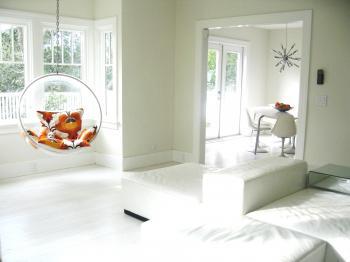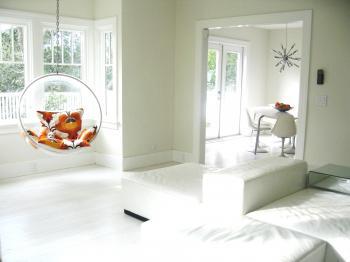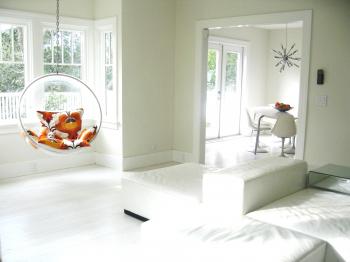Those who love real estate understand land is a valuable and limited resource. Each day, more of it disappears. Back in the 1800s, Mark Twain knew its value when he said, “Buy land—they’re not making it anymore.”
According to the U.S. Environmental Protection Agency, figures from 2008 show a total of 2,122 landfills in the United States, collectively holding hundreds of millions of tons of waste.
That’s a lot of wasted land (pun intended). But don’t we need those landfills?
Imagine a world where less and less land was needed for waste disposal, and instead, it was used to build efficient homes upon, or for nature parks. A place with less of a worry that toxins might someday leach into the fresh soils and waters.
Here’s the kicker: according to the US Census Bureau, there is a projected 50 percent increase in the population from the years of 1990 to 2050. With this, the piles of solid waste are due to become mountains–unless people learn to become less wasteful.
According to the U.S. Environmental Protection Agency, figures from 2008 show a total of 2,122 landfills in the United States, collectively holding hundreds of millions of tons of waste.
That’s a lot of wasted land (pun intended). But don’t we need those landfills?
Imagine a world where less and less land was needed for waste disposal, and instead, it was used to build efficient homes upon, or for nature parks. A place with less of a worry that toxins might someday leach into the fresh soils and waters.
Here’s the kicker: according to the US Census Bureau, there is a projected 50 percent increase in the population from the years of 1990 to 2050. With this, the piles of solid waste are due to become mountains–unless people learn to become less wasteful.






